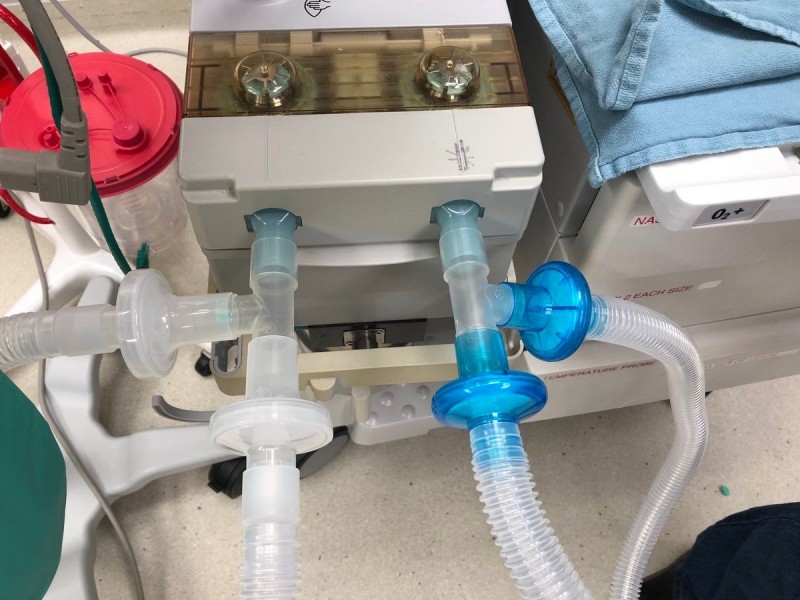Taking a low-dose aspirin once a day does not reduce the risk of thinking and memory problems caused by mild cognitive impairment or probable Alzheimer’s disease, nor does it slow the rate of cognitive decline, say researchers.

Aspirin has anti-inflammatory properties and also thins the blood. For years, doctors have been prescribing low-dose aspirin for some people to reduce their risk of heart disease and stroke.
However, there are also possible risks to taking aspirin, including bleeding in the brain, so guidance from a doctor is important.
Because aspirin can be beneficial to the heart, researchers have hypothesised, and smaller previous studies have suggested, that it may also be beneficial to the brain, possibly reducing the risk of dementia by reducing inflammation, minimizing small clots or by preventing the narrowing of blood vessels within the brain.
“Our large study found that a daily low-dose aspirin provided no benefit to study participants at either preventing dementia or slowing cognitive decline,” said study lead author Joanne Ryan, from Monash University in Australia.
For the findings, the study, published in the journal Neurology, involved 19,114 people who did not have dementia or heart disease.
A majority of participants were age 70 or older. They took thinking and memory tests at the start of the study as well as during follow-up visits.
Half of the people were given daily 100-milligram low-dose aspirin while the other half were given a daily placebo. They were followed for an average of 4.7 years, with annual in-person examinations.
According to the researchers, over the course of the study, 575 people developed dementia.
Researchers found no difference between those who took aspirin and those who took placebo in the risk of developing mild cognitive impairment, dementia, or probable Alzheimer’s disease.
There was also no difference in the rate of cognitive change over time, they added.
“While these results are disappointing, it is possible that the length of just under five years for our study was not long enough to show possible benefits from aspirin, so we will continue to examine its potential longer-term effects by following up with study participants in the coming years,” said Ryan.









